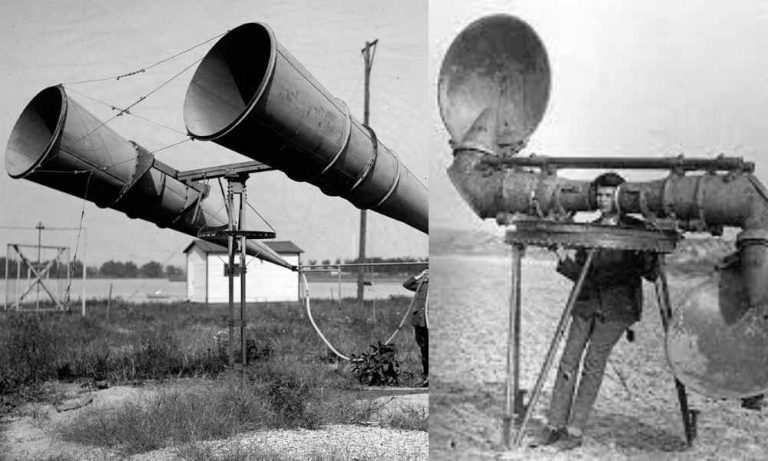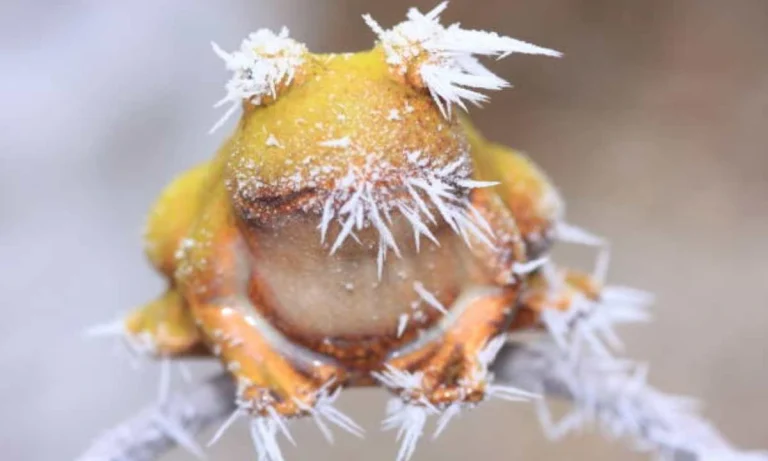A Rare Snowfall Covers South Africa!
On July 8, 2024, something magical happened at the Aquila Private Game Reserve in South Africa. Guests on safari witnessed an extraordinary event when a cold front brought unexpected snowfall to the Western Cape’s Ceres region, just two hours from Cape Town. The reserve is located close to Cape Town and for the most part, Cape Town does not experience snow. This unusual weather highlighted the unpredictable beauty of South Africa’s winter and gave the visitors a unique and memorable experience. Let’s have a closer look at this rare phenomenon.
The Rare Snowfall Event
Snow in South Africa is a rare phenomenon, especially in the Western Cape. On July 8, the snowfall began early in the morning and lasted for a few hours. The Aquila Private Game Reserve, known for its wildlife and scenic beauty, transformed into a snowy wonderland. Safari guests and staff were both surprised and thrilled by this unexpected turn of weather.
The visitors were amazed as they sipped their morning coffee and enjoyed a warm buffet breakfast while watching snowflakes blanket the reserve. However, by the time the sun was fully up, the snow had begun to melt, leaving only traces on the mountain peaks and shaded valleys.
The weather event was caused by a cold front sweeping through the Western Cape. The region typically experiences mild, wet winters. This cold front brought a touch of winter magic to an otherwise temperate area, surprising both locals and visitors.

Wildlife and Snow: Adaptation and Survival
The wildlife at Aquila Private Game Reserve is closely monitored by a team of game rangers, conservation specialists, anti-poaching units, and veterinarians. While snow is rare, the animals are well adapted to South Africa’s cold temperatures and seasonal changes. The snow did not last long enough to cause any harm, and the quick melting ensured minimal disruption to the animals’ daily lives.
The snowfall provided a fascinating sight as the animals interacted with the snow. Rangers observed different behaviors as the animals adapted to the unusual weather. The reserve’s team took measures to ensure the well-being of all wildlife, maintaining a close watch and making sure the animals remained safe and comfortable.



Snow Melts And Replenish Water Sources
Snow in the Western Cape is not just a beautiful sight but also beneficial to the environment. As the snow melted, it helped replenish water sources in the semi-arid region of the Karoo. This was good news for the area, as the melting snow contributed to rising dam levels and provided much-needed moisture to the landscape.
The cold front that brought the snow also brought rain, which further helped to replenish the region’s water supplies. This rare weather event highlighted the importance of such occurrences in maintaining the delicate balance of South Africa’s diverse ecosystems.
Does it ever snow in South Africa?
Snow is a rare event in South Africa. Regular cold fronts usually pass over in winter bringing cold winds but the skies remain clear. For the most part, Cape Town does not see snow. However, the Western Cape towns of Ceres, Worchester, and Tulbagh do make a winter wonderland. But they don’t last very long.
However, a few snowfalls were experienced in May 1956, August 1962, June 1964, September 1981, August 2006 (light), on 27 June 2007, and on 7 August 2012. After a decade of no-shows, a snowfall again took place on July 10, 2023, and most recently on July 8, 2024.
Locations to Witness Snow in the Western Cape
If you’re looking to experience snowfall in the Western Cape, there are a few places you might want to visit. The Ceres, Overberg, and Matroosberg regions are known for occasional snow during the winter months of June to August. These areas typically receive light snow, transforming the landscape into a picturesque winter scene.

Conclusion
Experiencing snowfall in South Africa is a rare and wonderful event that showcases the unpredictability and beauty of nature. Such moments remind us of the importance of appreciating and conserving our natural world. By understanding and respecting these rare phenomena, we can ensure that future generations get to experience the magic of nature in all its forms.
Also read,







